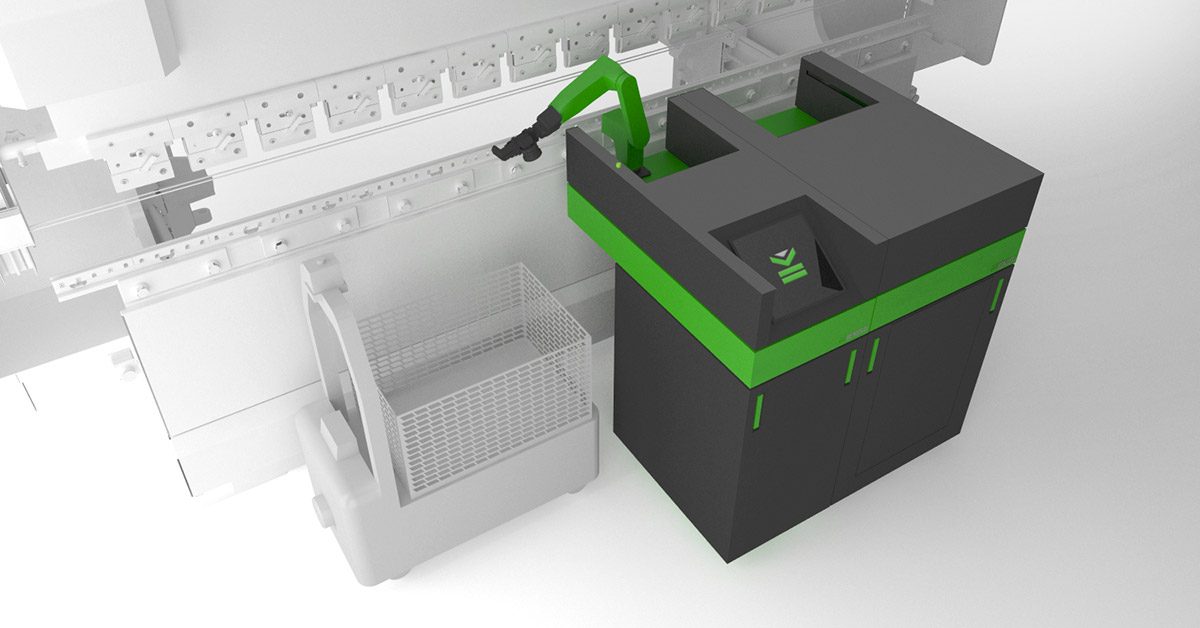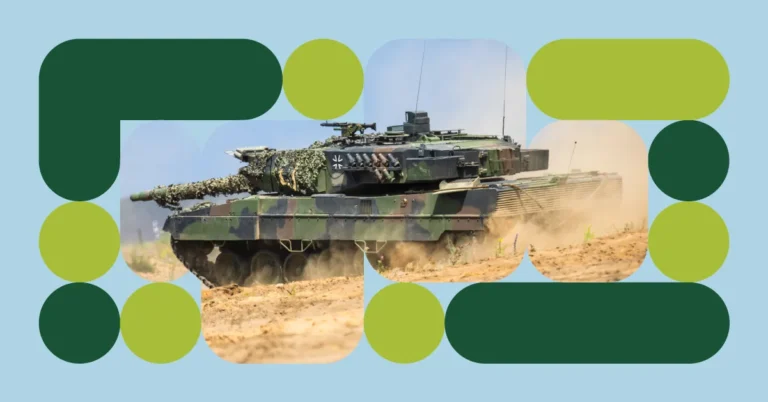A new industrial robot developed in Lithuania is hitting the market and it is set to put 1.5 million metal-bending machine tools out of use. The robot, called Bendsai, will be sold as a serial product and will be used for automating the process of bending metal parts.
“Although at first sight metal bending appears to be a niche process, currently there are approximately 1.5 million metal bending presses in the world yet to be automated. Bendsai is unique both for its capacity to automate the metal bending process as well as for its contribution to sustaining production flexibility. The robot is easily reprogrammable and thus suitable for the fabrication of metal products in small quantities”, explained Justinas Katkus, director of Blue Ocean Robotics in Lithuania.
Bendsai robots can work at a rate similar to humans performing the same task. However, the robot’s creators point out that they can work without breaks, making its advantages clear when meeting large orders where a robot can work for several uninterrupted shifts to complete the task.
Whilst there are already robots available that can perform similar functions to Bendsai, they are stationary and intended for specific metal forming processes. Lengthy technical preparation is required when adapting them for a different process. By contrast, Bendsai is portable and easily reprogrammable.
“Moreover,” continues Mr Katkus, “Bendsai robots can easily be integrated with AGV (automatic guided vehicle) solutions, enabling maximum production efficiency. The fourth industrial revolution is specifically based on this ‘smart factory’ principle, making Bendsai a robot for today and for the future”, asserted Mr Katkus.
Mantas Katinas, Director General of foreign investment promotion agency Invest Lithuania, believes the door is still open for Lithuania to gain a good share of the rapidly growing robotics market. “Despite the fact that robots and automated systems are already changing factory processes, their real importance in the fourth industrial revolution will be evident only in 3–5 years, when there is forecast to be a dramatic boom in these technologies. Analysts now believe the global market for robotics and artificial intelligence could reach €135 billion by 2020. So, it is important for Lithuania to wrestle its share of this niche market, which is still not fully occupied,” argues Mr Katinas.
Although the price of the Bendsai robot is yet to be revealed, its creators have already promised to price it at half the cost of similar solutions currently on the market.
Bendsai is the second robot to be developed by Blue Ocean Robotics in Lithuania to be sold as a serial product. Wallmo, the first robot created by the company in Lithuania, is a smart solution for installing glass partitions during construction work.













